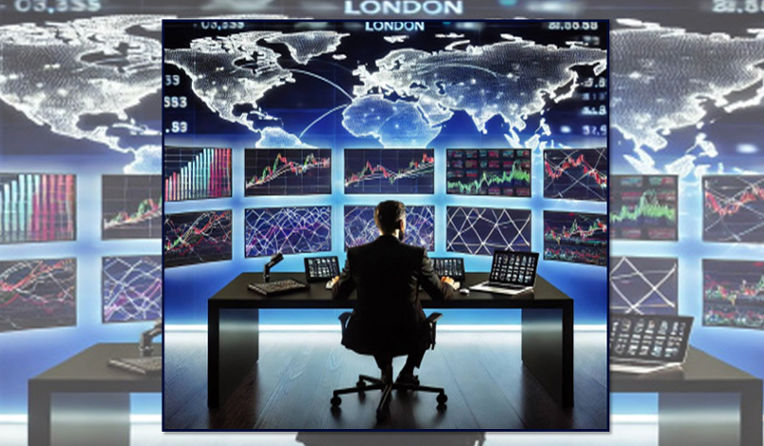
Forex Trading is all about changing one country’s money into another’s, hoping to make a profit. It’s a market that’s always on, 24/7, thanks to the world spinning and connecting places like London, New York, Tokyo, and Sydney. This means you can trade pretty much any time you’re awake.
At the core of Forex is the interbank market. Imagine the biggest banks doing mega deals directly with each other. The prices they set give everyone else a guide on what currencies should cost. There’s a ton of money moving here, making the currency prices jump around a lot.
For most people, the action is in the spot market. This is where you trade currencies at their current price, which changes based on lots of stuff like how countries are doing economically, what people think will happen in the future, and big world events. Trades here happen right away.
Then there’s the forward market, which is more about planning ahead. Here, you agree to swap currencies later at a price you set now. It’s handy for avoiding surprises in how much something will cost in the future and is done directly between two parties.
People have different ways of trading Forex. Some like day trading, where you open and close trades on the same day to catch small price changes. It’s fast-paced and needs you to stay on top of market moves. Swing trading is more chill, holding trades for days to benefit from bigger shifts in currency values. It requires patience and a good feel for where things are heading. Systems trading is where you let algorithms make the trade calls for you, working off set rules to buy or sell. This can make trading super quick and open up new chances to make money.
Swap rates are a big deal too. They’re about the interest you either earn or pay for holding a trade overnight, based on the difference in interest rates between the two currencies you’re trading. Positive swap rates mean you’re earning, while negative ones mean you’re paying.

Forex trading is huge, with over $6 trillion traded daily. It’s global, letting traders react to news anytime, from anywhere. But it’s not simple; there’s a lot to learn about how world events and economies affect prices. Plus, using too much leverage (borrowing to trade) can make things risky. The best traders really get the economic side of things, can read the mood of the market, and manage their risk smartly.
In short, Forex trading is an exciting way to potentially make money by exchanging currencies, but it comes with its challenges. It’s not just about making quick decisions; it’s also about understanding the bigger picture of what affects currency values.